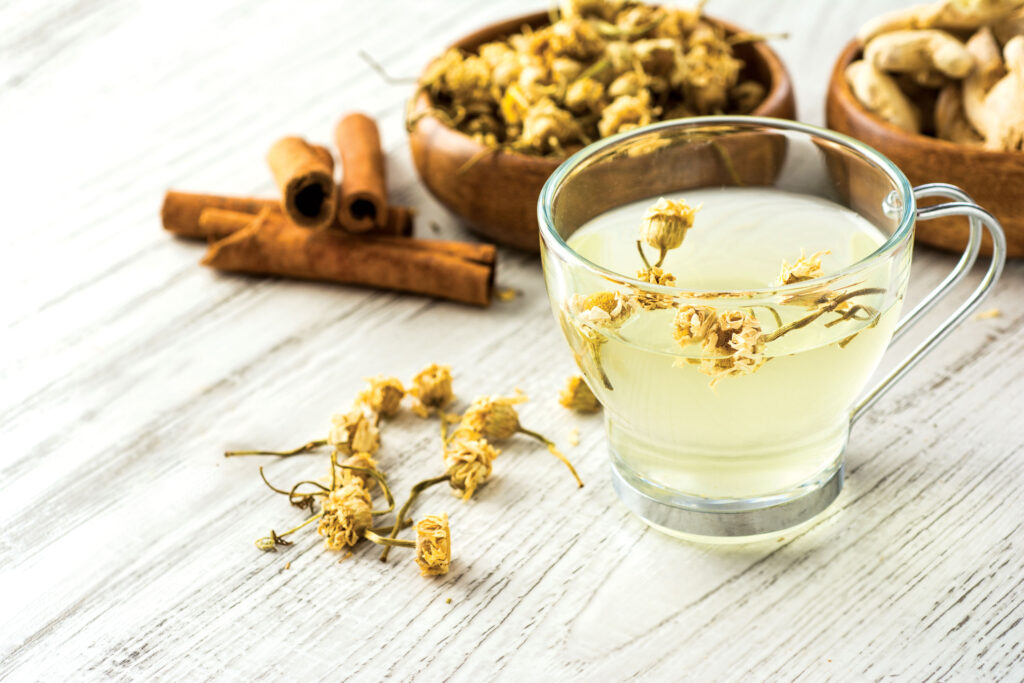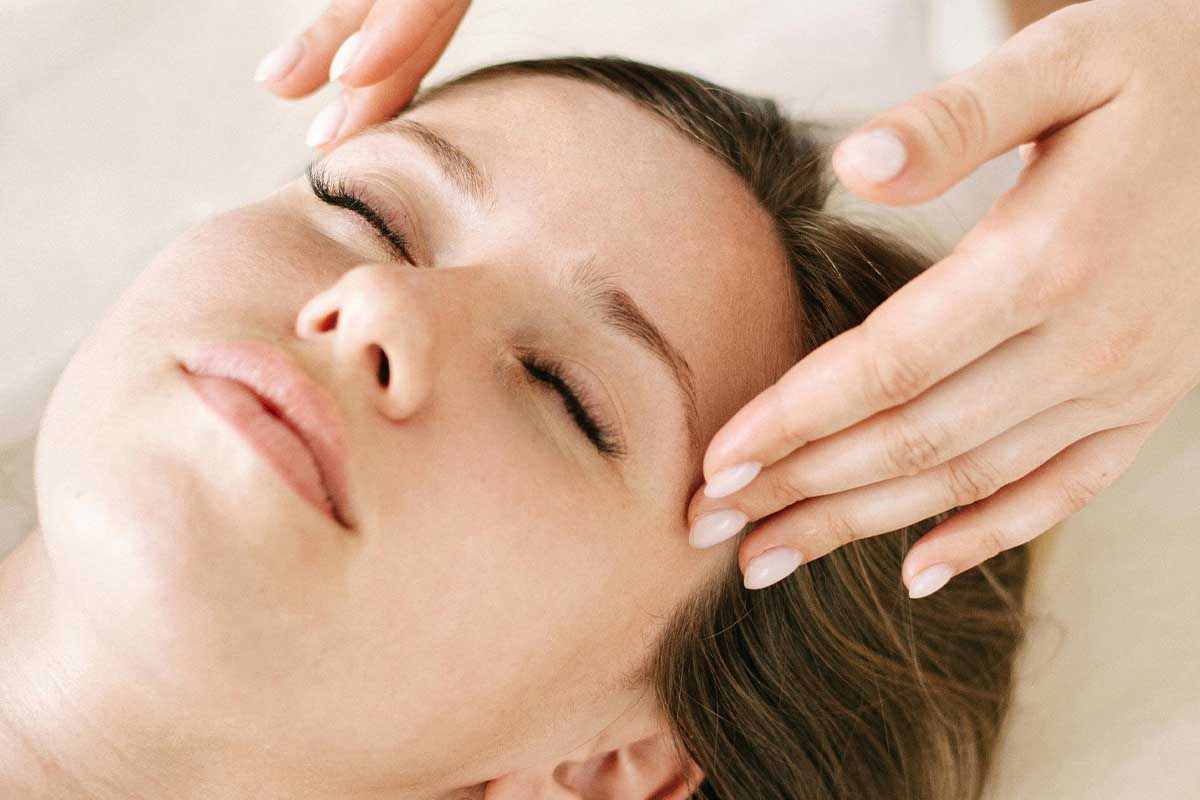Advertisement
The Stress-Complexion Connection
Natural solutions for a stressful world

Ah, the lazy hazy days of August. Nothing to stress about … wait, when do the kids need to be picked up from camp again? Who left the garden hose running all day? Surprise demands for our energy can appear at any moment, but the effects of prolonged stressful phases may show up on our faces indefinitely. Learn how stress affects your skin, and discover how to put your best face forward this summer with the following helpful tips.
Our adrenal glands secrete the hormones adrenalin (for immediate danger, such as our “fight or flight” response) and cortisol (for prolonged and chronic anxiety, such as deadlines, parenting, or traffic). These hormones can wreak havoc on our looks.
Advertisement
Crisis #1: Dark circles under the eyes
Dark circles can turn a gorgeous face into a ghoulish one. In one study examining the causes and prevalence of dark circles, lack of adequate sleep and stress were two associated factors.
Toronto naturopath Dr. Nayumi Saiki explains this stress-sleep connection: “With normal circadian rhythms, cortisol levels are at the lowest during sleep, and peak shortly after waking.” Under stress, however, these levels become unbalanced, and irregular sleep ensues.
Solution:
A nightly cup of camomile tea was shown in one recent study to help reduce fatigue and aid in sleep quality. Camomile has calming properties to help soothe frayed nerves. Cooled camomile teabags can also be applied to tired eyes to help reduce puffiness.
Advertisement
Crisis #2: Damaged skin
Stress and the skin have an intimate and immediate connection. Stress affects your skin by exacerbating skin disorders, such as eczema and psoriasis, and can cause breakdown of collagen. Stress has also been linked to wrinkles and delayed wound healing.
Solution:
Vitamin C is used by the body to create collagen and assist in skin repair. Load up on these foods high in vitamin C the next time you’re at the store:
- kiwis
- oranges
- red peppers
- lemon
“Lemon contains vitamin C, and the power is in the peel!” says holistic nutritionist Carley Simandl. She recommends blending a whole organic lemon into your next smoothie to create a powerful skin tonic.
Topically, pamper your skin by applying high-antioxidant skin care oils such as rosehip. Simandl recommends diluting one drop of helichrysum or frankincense essential oil in five drops of rosehip. “These oils are considered liquid gold for healing skin and contain brightening compounds for dull or sallow skin,” she explains. Always double-check for sensitivities to essential oils before applying. Remember, essential oils should always be diluted properly.
Advertisement
Crisis #3: Thinning hair
Thinning hair can make even the most confident person self-conscious. Cortisol is known to affect hair follicles, and excessive daily hair loss may be linked to thyroid disturbances.
Solution:
Our thyroid is nourished by zinc and iodine, both imperative for healthy hair growth and stress reduction. Seafood and pumpkin seeds are high in zinc. Adding a sea veggie such as kelp will give you a boost of iodine.

Flower power
In one study, inhalation of rose essential oil (Rosa alba) was shown to inhibit the effects of chronic stress on skin health and limit skin barrier breakdown.
Place a few drops of rose essential oil in a diffuser with water, and inhale the benefits!





